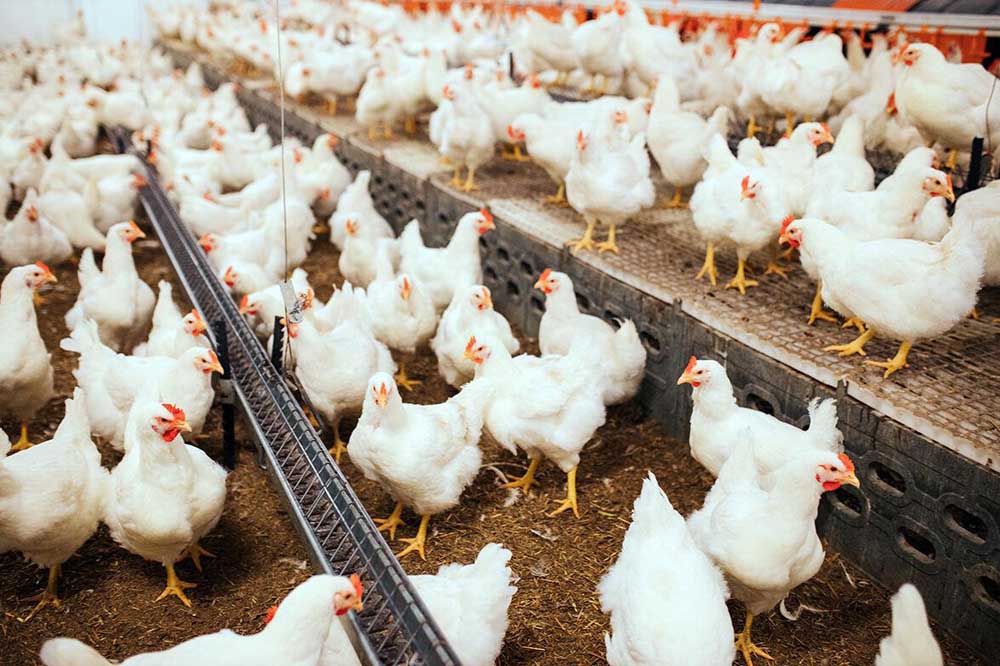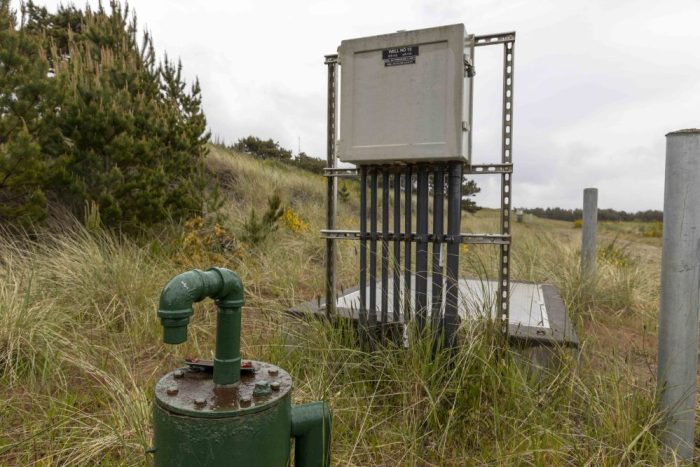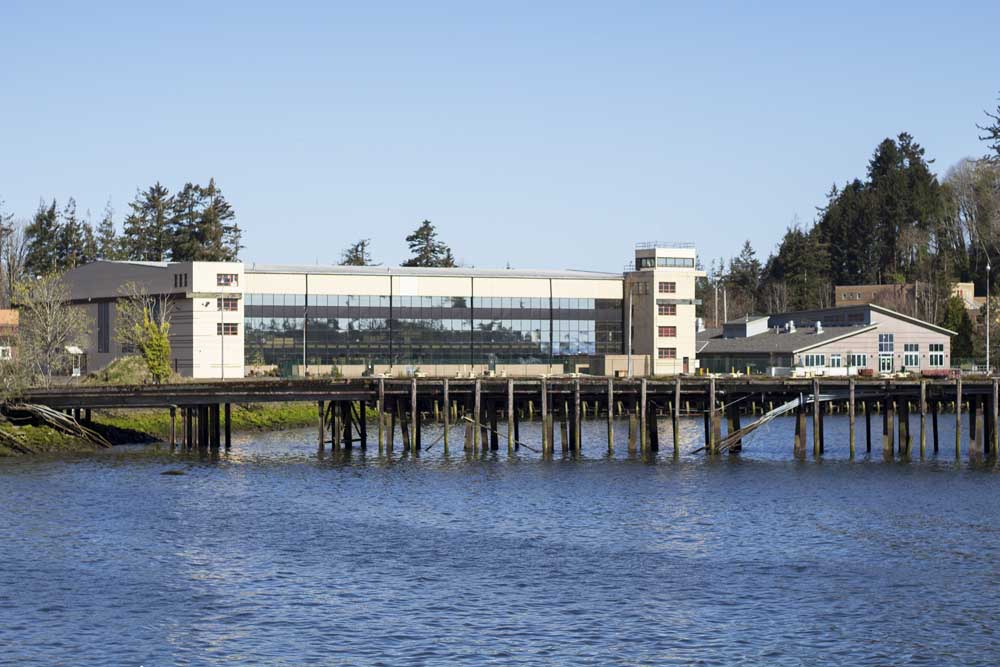Our View: Scientists hope a one-two punch will control avian flu
Published 12:30 am Thursday, April 25, 2024

- Highly pathogenic avian influenza continues to devastate domestic chicken flocks. It is primarily spread by wild birds as they migrate.
While public health authorities — and the rest of us — were wrestling with COVID-19 during the past several years, another virus was attacking poultry and spreading along the flyways that migratory birds use.
Called highly pathogenic avian influenza, the viruses — there are several variants — have been spread for three years by wild birds, causing what scientists call a panzootic.
HPAI has spread to every continent, infecting mainly wild and domestic birds but also a couple of dozen species of mammals such as bears and skunks. Recently, it showed up in a handful of dairy cows in Texas, Kansas, Michigan and Idaho. The cows have recovered, according to authorities.
According to the United Nations Food and Agriculture Organization, this has never happened before. The extensive and continuing spread and the high number of infected birds make it unique.
Hardest hit in the U.S. have been chicken and turkey farmers. More than 72 million birds in 1,000 poultry flocks and 47 states have been infected, according to the American Veterinary Medical Association. Flocks infected by HPAI are depopulated.
One of the farmers impacted by HPAI was Mike Weber, who runs the family egg farm near Petaluma, California, with his brother, Scott.
They lost 550,000 chickens, and an affiliated farm lost 85,000 chickens.
Mike Weber described the HPAI outbreak as “unbelievably horrible,” adding that “everyone carries a burden and feels the trauma from it.”
They are still working to clean their barns and repopulate them.
By any measure, this was devastating. Worse yet, it has been repeated nationwide and in many places around the world.
The current versions of HPAI that are spreading are different from the viruses that caused an outbreak in 2014 and 2015, scientists say. The new viruses are much more virulent, meaning they spread more easily.
But there is good news on the horizon, according to the veterinary medical association, which pointed out that poultry farms these days are more biosecure, and “the chances of accidental farm-to-farm transmission have been greatly reduced.”
Vaccines are also under development. France has already approved a vaccine for farmed ducks, and the U.S. is testing five vaccines, which so far have reduced virus shedding and provided nearly 100% protection in chickens, the veterinary medical association reported on its website.
Vaccines alone will not stop HPAI, experts say. As was the case with COVID, vaccines provided protection but were not a knockout punch. New variants continue to circulate.
Some French farmers have resisted using the new vaccine, because any flocks that are not identified as vaccinated might be banned from export. In addition, farmers worry a vaccine could cause HPAI to take hold in their flocks.
Until the new HPAI vaccines are fully tested and approved, scientists are asking farmers to continue to protect their birds through biosecurity. Once the vaccines become available, scientists hope they can provide a one-two punch and stop the spread of HPAI.
That cannot happen too soon.





